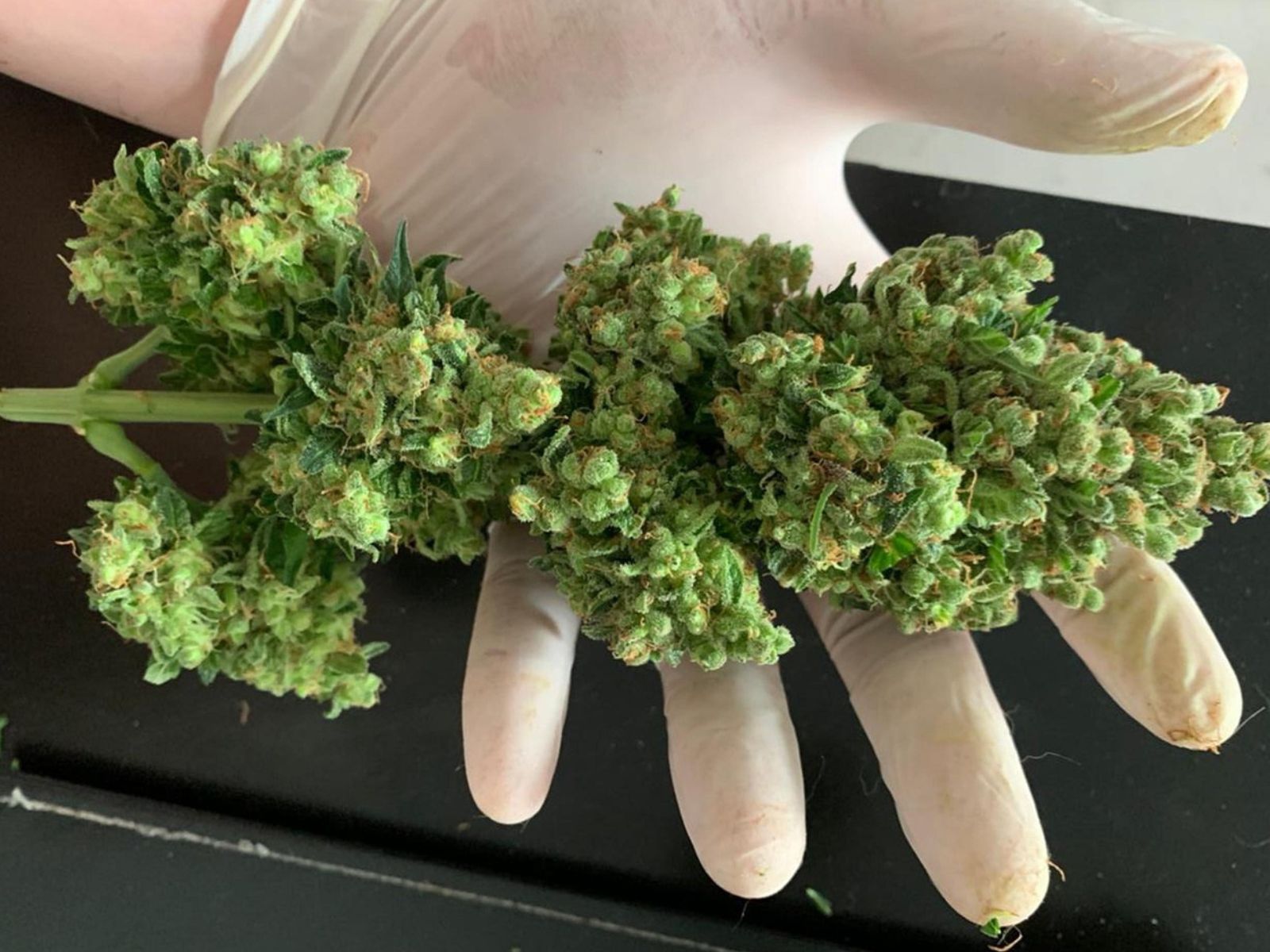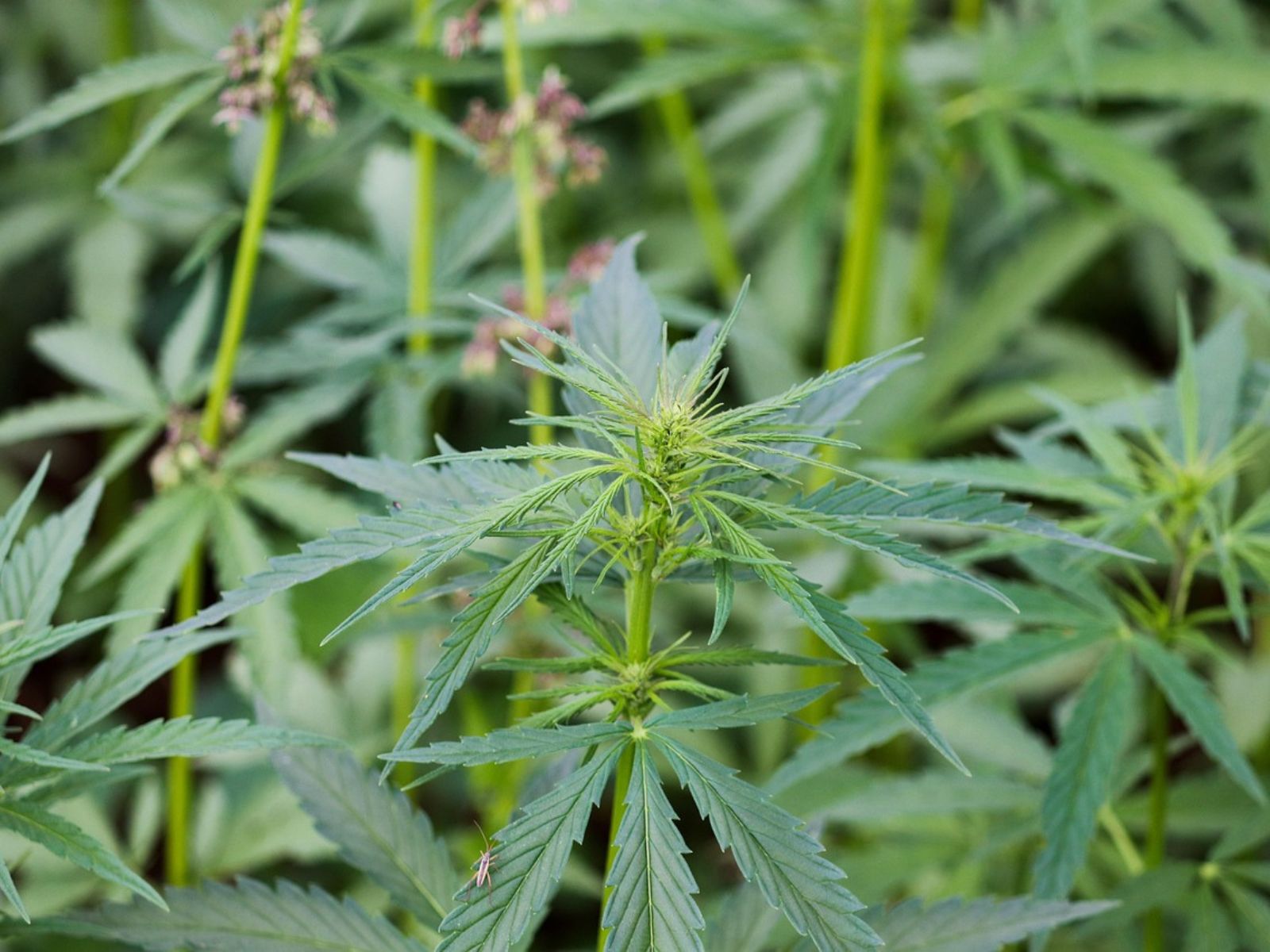
Study: Cannabis Legalization Not Associated With Increased Adolescent Use

Study: Cannabis Legalization Not Associated With Increased Adolescent Use
Modern cannabis prohibition policies were enacted starting in the early 1900s, and since that time, cannabis advocates around the world have worked very hard to reform laws that prohibit cannabis activity, including cannabis commerce.
Leading up to cannabis reform votes and implementation, cannabis opponents often make predictions that such reforms will result in increased cannabis use by adolescents. A team of international researchers based in Australia and the Czech Republic recently conducted a study focusing on the topic of cannabis reform and adolescent usage rates.
The study’s findings were published in the academic publication International Journal of Drug Policy.
“Several jurisdictions have pursued reforms that regulate cannabis production and/or sale for adult (non-medical) use. Looking at outcomes of such reforms across multiple jurisdictions may help to identify outcomes that are inherent to non-criminal cannabis supply, as well as provide insight into the outcomes of specific regulation models.” the researchers wrote about their study.
“We identified nine indicators of cannabis policy outcomes and aggregated them into three domains (social outcomes, outcomes in cannabis use, health-related outcomes). We assessed these outcomes across five jurisdictions with different models of regulating cannabis supply (Netherlands, Spain, U.S. states that legalized cannabis, Uruguay, and Canada).” the researchers wrote about their methodology.
“We used a three-level systematic literature review, prioritising studies with quasi-experimental design (i.e. comparative and longitudinal). We categorised the studies according to their design and the type of outcome (increase, decrease, or no outcome).” they also wrote.
Currently, recreational cannabis sales are limited to adult residents in Uruguay. Canada permits recreational cannabis sales to anyone of legal age. The Netherlands limits legal sales to participants of regional adult-use cannabis commerce pilot trials, fewer than half of the states in the U.S. permit adult-use sales, and sales in Spain operate in a ‘legal grey area.’
“Across long-standing as well as recent cannabis supply regimes, and across different models of cannabis supply, our review identified common outcomes: a decrease in cannabis-related arrests, an increase in adult (but not adolescent) cannabis use, and increase in healthcare utilization (not traffic-related).” the researchers found.
“Regulating cannabis supply may be associated with benefits in the social area and with potential harms regarding public health; there may though be trade-offs depending on the choice of a cannabis regulation model. Jurisdictions may attempt to mix and match the present models of cannabis regulation to achieve the best ratio of benefits and harms.” the study’s authors concluded.
Cannabis is also legal for adult use at a national level in Malta, Luxembourg, Germany, and South Africa. However, of those countries, only Malta and Germany currently provide legal channels for acquiring recreational cannabis beyond home cultivation. Both Malta and Germany are home to legal member-based cultivation associations. Adult-use cannabis legalization is also expected to be implemented soon in the Czech Republic.
Switzerland is another jurisdiction where regional adult-use cannabis commerce pilot trials are operating. The largest regional adult-use cannabis pilot trial in Switzerland is operating in Zurich, where a total of 4,400 people between the ages of 18 and 80 are participating.
“Over 90 percent of participants now obtain their cannabis products from legal sources, i.e. from one of the three specialist stores or one of the nine pharmacies taking part.” Blue News reported about Zurich’s pilot trial.
Another jurisdiction in Switzerland participating in regional adult-use cannabis commerce pilot trials is Basel. The results of a previous study, which was the first academic reporting of its kind, were published on the University of Basel’s website in addition to being published in the academic journal Addiction.
“Public health-oriented recreational cannabis access may decrease cannabis use and cannabis-related harms, especially among those using other drugs.” the researchers of that study concluded.
“Furthermore, the study was able to dispel fears that legalization could exacerbate the psychopathological symptoms associated with cannabis consumption in addition to consumption itself: after the first six months, there was no difference between the two study groups in terms of depression, anxiety or other symptoms.” stated the University of Basel on its website.
“The interim assessment after two years of study shows a significant improvement in the mental state of the approximately 300 or so participants who are still taking part.” the University also wrote.
Earlier this year, Marijuana Moment reported that a government-commissioned report found that Switzerland’s adult-use cannabis legalization pilot program is “running smoothly,” with “no indication of any disturbances to public order.”
“About two years after the pilot program launched in seven municipalities across the country, the Federal Office of Public Health (FOPH) study—carried out by the University of Lausanne and the University of Applied Sciences Northwestern Switzerland—generally determined that the initiative has been a success.” the outlet also reported.
Previously published government data from the United States found that in jurisdictions where adult-use cannabis legalization was adopted, consumption rates among minors had reduced post-legalization compared to pre-legalization. The results of a Canadian study that was published earlier this year found that while reported overall cannabis use in Canadian society increased post-legalization, “misuse decreased.”
Share article
Ticket Prices increase €200
On March 18th

Ticket Prices increase €200
On March 18th

Ticket Prices increase €200
On March 18th
Share article
Join Our Awesome Community
Join Our Awesome Community
Join Our Awesome
Community
Get all the latest industry news
delivered to your inbox







